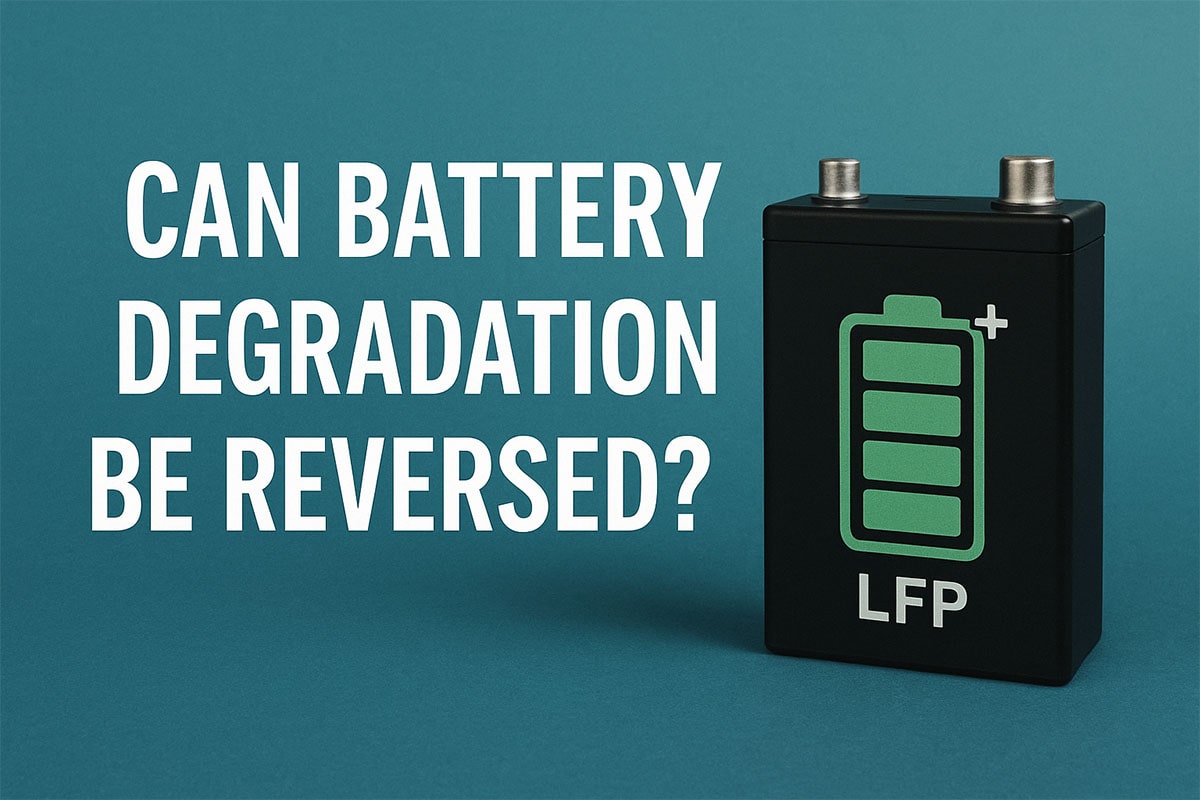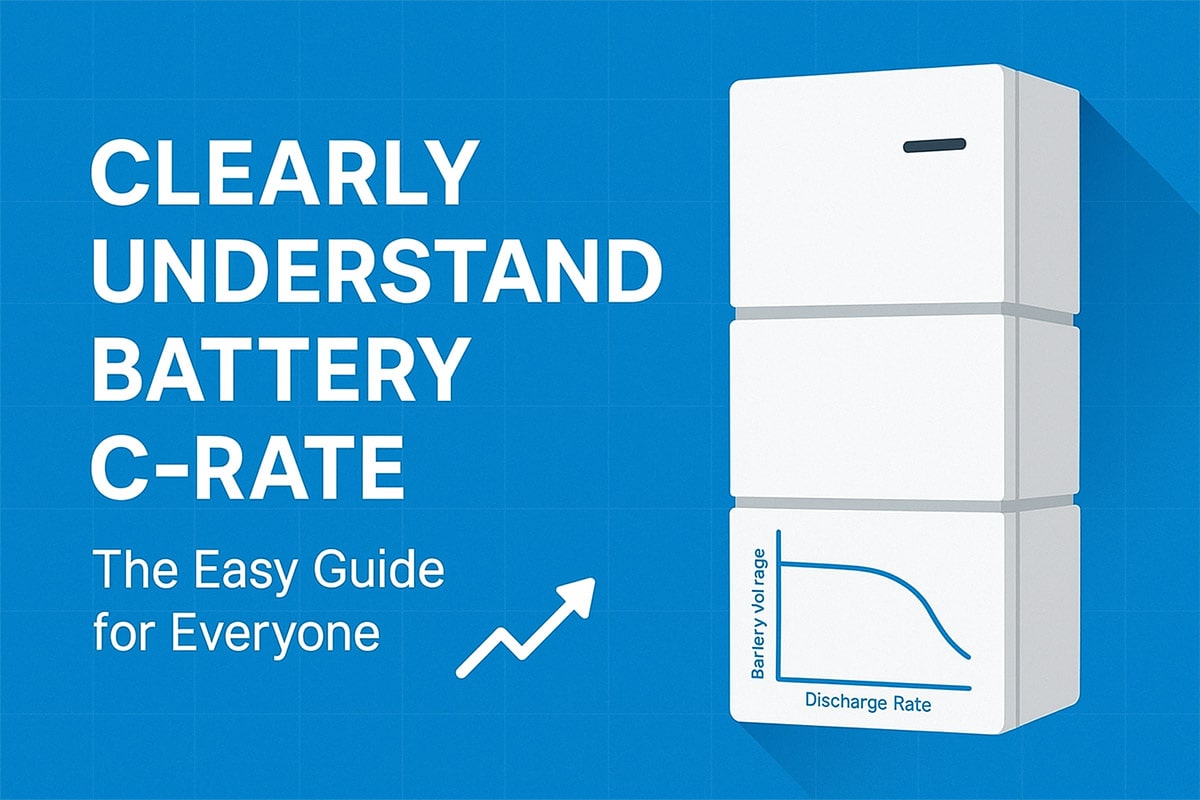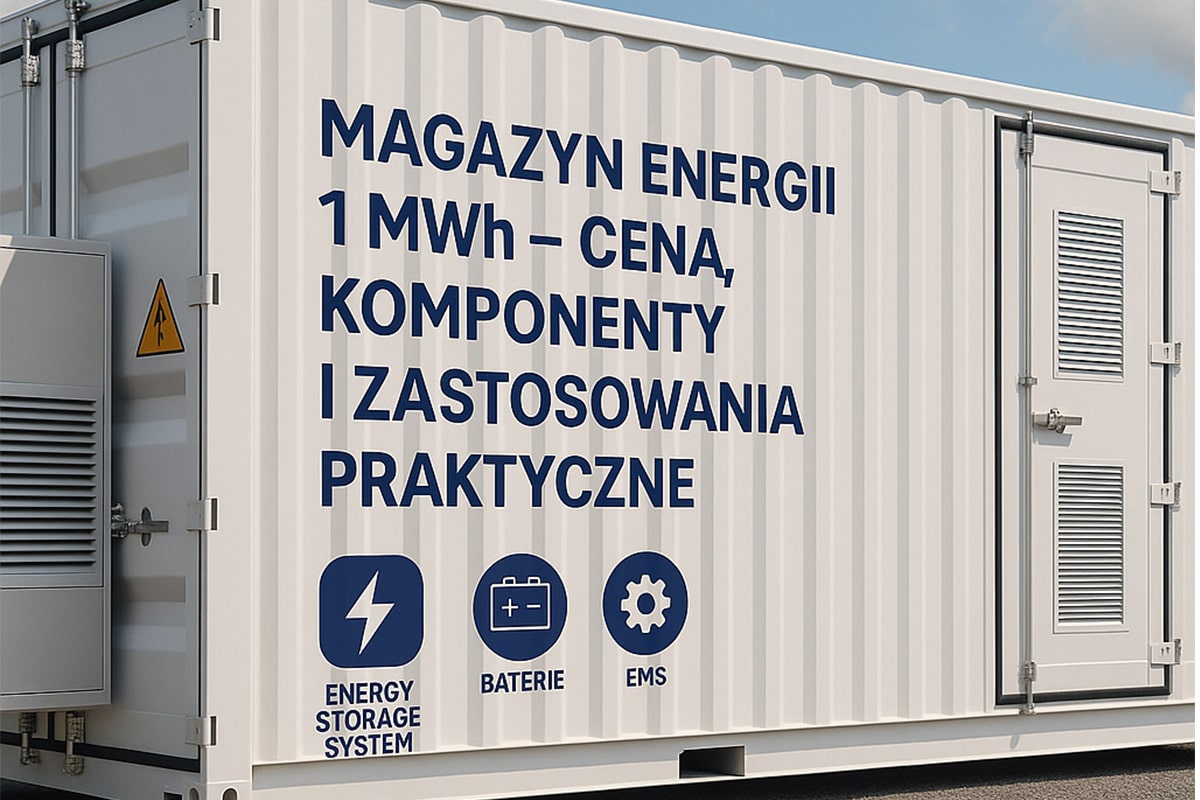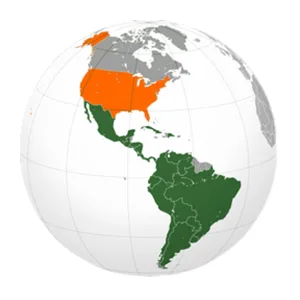10 kWh Lithium-Ion Batteries: What Factors Affect the Price and Why?
10 kWh Lithium-Ion Batteries: What Factors Affect the Price and Why?
Lithium-ion batteries have become increasingly popular as a source of energy storage for residential and commercial properties. As the demand for these batteries continues to rise, so too does their price. There are several factors that affect the price of 10 kWh lithium-ion batteries, including the cost of materials, manufacturing processes, and market competition.
One of the main factors that affect the price of lithium-ion batteries is the cost of materials. Lithium-ion batteries are made up of several components, including lithium, cobalt, nickel, and other metals. The cost of these materials can vary depending on supply and demand. For example, when there is high demand for lithium, the price of this material can increase, leading to higher battery prices. Additionally, some manufacturers use higher quality materials in their batteries, which can also drive up the price.
Manufacturing processes are another factor that affects the price of lithium-ion batteries. The production of these batteries is complex and requires specialized equipment and facilities. As such, the cost of manufacturing can vary depending on the location and scale of production. For example, companies that produce batteries in large quantities may be able to take advantage of economies of scale, leading to lower prices. Conversely, smaller manufacturers may have higher production costs, which can translate to higher battery prices.
Competition within the market also plays a role in the price of lithium-ion batteries. As more companies enter the market and offer similar products, there is increased competition for customers. This competition can drive down prices as companies try to gain an edge over their competitors. However, in some cases, competition may actually lead to higher prices. For example, if several companies are using the same high-quality materials in their batteries, the cost of these materials may increase due to high demand, leading to higher battery prices overall.
Another factor that affects the price of lithium-ion batteries is the level of research and development that goes into their production. As battery technology continues to evolve, manufacturers invest in research and development to improve their products. This research can lead to new innovations and advancements in battery technology, which can drive down prices. However, research and development can also be costly, and these costs may be passed on to consumers in the form of higher prices.
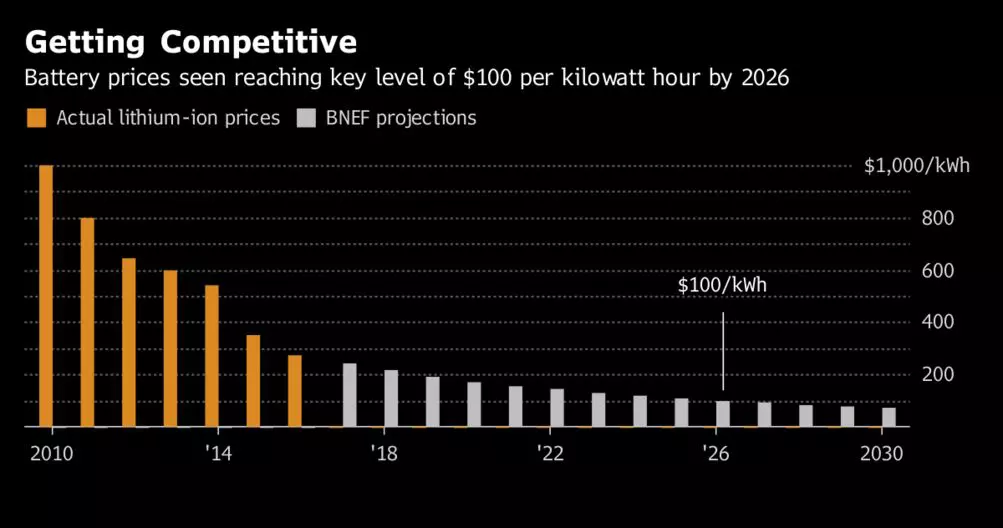
Finally, government policies and regulations can also affect the price of lithium-ion batteries. Some governments offer incentives for the development and use of renewable energy technologies, including battery storage. These incentives can help drive down the cost of batteries, making them more accessible for consumers. Conversely, government policies that impose tariffs or taxes on imported materials or finished products can increase the price of batteries.
In conclusion, there are several factors that affect the price of 10 kWh lithium-ion batteries, including the cost of materials, manufacturing processes, market competition, research and development, and government policies and regulations. As demand for these batteries continues to rise, manufacturers will need to balance these factors in order to produce high-quality batteries at an affordable price. As battery technology continues to evolve, it is likely that prices will continue to decrease, making these batteries even more accessible for consumers looking to store renewable energy.

